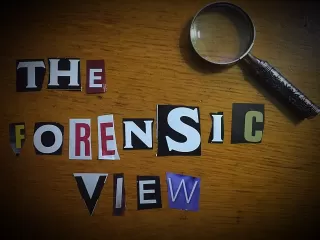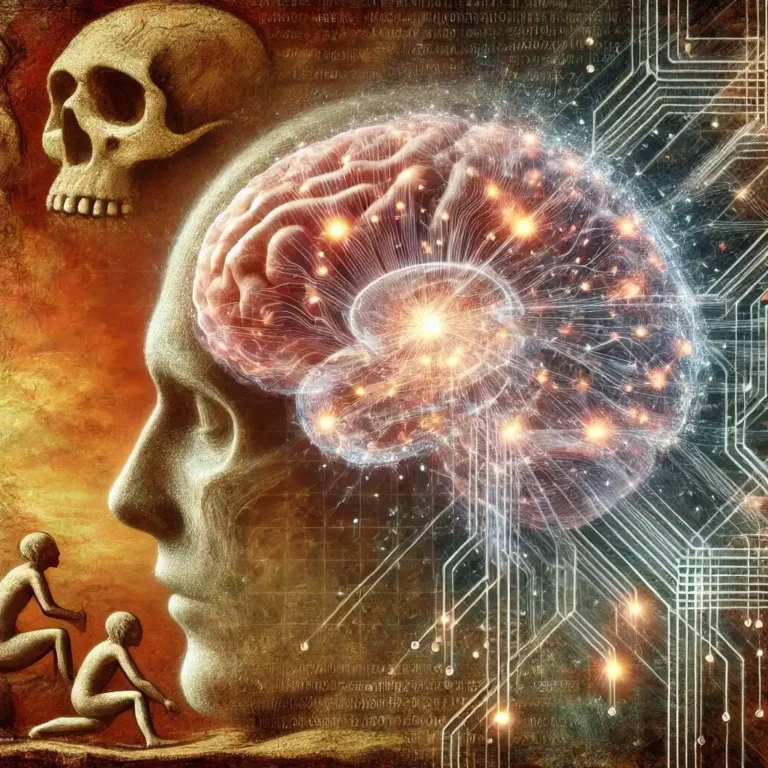All Posts
-
The Eyewitness as Storyteller
Did you know that ancient historians once believed the mongoose would dive down a crocodile’s throat and gnaw its way out? It sounds like an epic battle, but it never actually happened. Yet, people swore they saw it. Why? Because the human brain prefers a compelling narrative over boring reality. In this new post, we…
-
Dr. Sharps USA TODAY Interview
Check out Dr. Sharps’ USA TODAY interview in “Ominous Drone Sightings Caused a Panic a Year Ago. What Really Happened?” by Jeanine Sentucci, December 7, 2025. Here’s the link to the article: https://www.usatoday.com/story/news/nation/2025/12/07/drones-new-jersey-what-happened/87584694007 This was a weird one. People saw huge numbers of drones flying all over the place, drones which weren’t really there at…
-
Eyewitness Memory and the Drone Invasion of New Jersey
Strange lights streaked across New Jersey skies, newsrooms erupted, and even the White House took notice, but every “drone” turned out to be something far more ordinary. Dive into how mass suggestion, media frenzy, and the quirks of eyewitness memory fueled a full-blown phantom invasion, and learn what this psychological puzzle means for spotting real…
-
For the Night Shift: Sleeping for Survival
In my latest addition to The Forensic View, I take a practical look at the hidden dangers of sleep deprivation among night shift workers—especially in law enforcement, healthcare, and emergency response. While our biology resists working through the night, survival may depend on adapting. This article explores how environmental “zeitgebers” like light, heat, and noise…
-
The Colors of War: How Eyewitness Memory Shapes History
In my latest addition to The Forensic View, I explore how the same psychological principles that complicate criminal investigations, particularly the limits of eyewitness memory, can also distort our understanding of history. From the uncertain shade of PT-109 to the debated color of the USS Arizona, even the most basic historical facts become blurred by…
-
Psychology in Criminal Investigation
What happens when investigators become too focused on the wrong lead? In my latest addition to The Forensic View, I explore cognitive tunneling, a psychological phenomenon where stress and over focus narrow both visual and mental awareness, through the lens of the infamous Washington Sniper case. Learn how a single, inaccurate eyewitness report and the…
-
World of the Mind Episode 4
In this episode of World of the Mind, I take a closer look at how memory works—how we remember, why we forget, and how our memories can shift or even mislead us over time. Drawing from cognitive psychology and real-world examples, I explore the roles of sensory memory, short-term (or working) memory, and long-term memory,…
-
New Episode Alert
What do Pavlov’s dogs, casinos, bad whiskey ads, and near-mystical slot machines have in common? They all reveal something wild about how we learn—and how easily we’re influenced without even realizing it. In this episode, I break down classical, operant, and latent learning with real-world examples (and a few rants) to show how our minds…
-
Exploring the Mind: A New Episode of The World of the Mind
I’m excited to share the latest installment of The World of the Mind with you! In this episode, I take a deep dive into the complexities of human cognition, exploring how our “electric head meat” has shaped our understanding of ourselves and the world around us. From early hominins crafting primitive tools to the evolution…
-
The World of the Mind: Exploring How We Think
I’m excited to share the first episode of The World of the Mind, a new video series exploring how the brain and mind operate, how our understanding of them has evolved, and what happens when they’re pushed to their limits. This series will cover everything from perception and cognition to extreme psychological experiences. Check out…
-
February 3, 2024 Psychology Today Post
Serial killers captivate and horrify us in equal measure. The psychology behind their actions remains one of the most perplexing mysteries in forensic science. Why would someone continue a path of violence when capture is almost inevitable? What is it that overrides rational self-preservation? In my latest article, I explore a fascinating perspective—how deeply rooted,…
-
Songs of the Spadefoot Toad: Myth, Theory, and Biocognitive Perspectives in Mental Health
Matthew J. Sharps Every generation has dealt with mental illness. Every generation has done so from an essentially local perspective, based in local concepts of the best way to understand the natural world from which mental illness has sprung. Historically, every generation has been fairly certain that its perspective on mental illness was correct. The…
-
Cognitive Dissonance, Quetzalcoatl, and the Flying Saucer People
Matthew J. Sharps Something about the Winter Solstice, on or about December 21 every year, seems to give people the willies. It’s hard to say why. If you live on a planet, you’re going to get solstices. You can’t help it. Yet things happen around that time of year anyway. Psychological things, of considerable interest….
-
Science, Perception, and Belief: The Strange Case of Percival Lowell
Matthew J. Sharps Percival Lowell was a great astronomer of the last century, whose personal wealth allowed him to build a splendid observatory, the discoveries of which have been important to the present day. Yet despite all of his scientific success, Lowell is mainly remembered today for his one big failure: his descriptions of the…
-
December 5, 2024 Psychology Today Post
Repeated tests of eyewitness identifications can result in eyewitness errors and ultimately in wrongful convictions. Check out this month’s post of The Forensic View from Psychology Today to find out why. https://www.psychologytoday.com/us/blog/the-forensic-view/202412/dont-i-know-you-from-somewhere
-
Theoretical Bases of Dr. Sharps’ Research: Cognitive Asynchrony and Gestalt/Feature-Intensive (G/FI, Continuum Theory) Research
Cognitive Asynchrony Theory This theoretical perspective provides a framework for understanding the effects on memory and higher cognition of the speed loss inherent in eugeric (normal) aging. The theory posits that eugeric neurological loss is asymmetric among the brain circuits supporting memory and decision-making, resulting in the greater difficulties observed in more complex imaging tasks…










